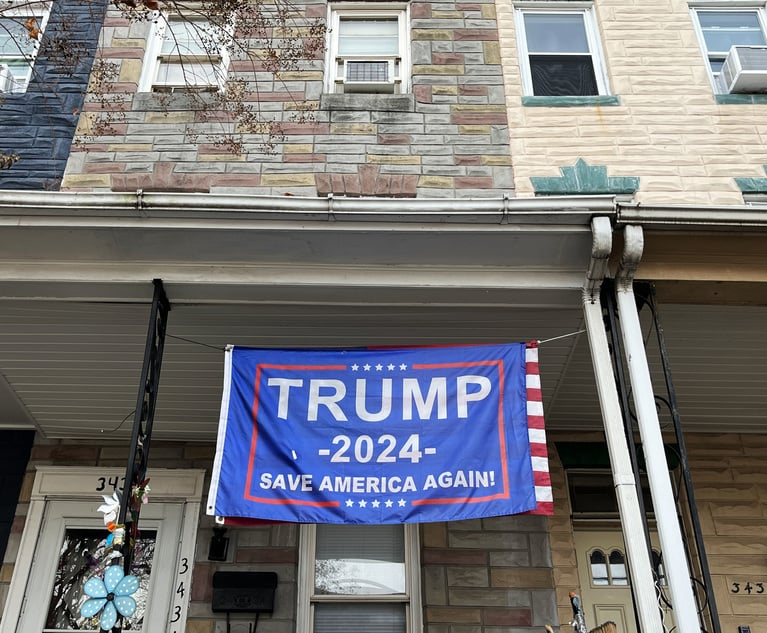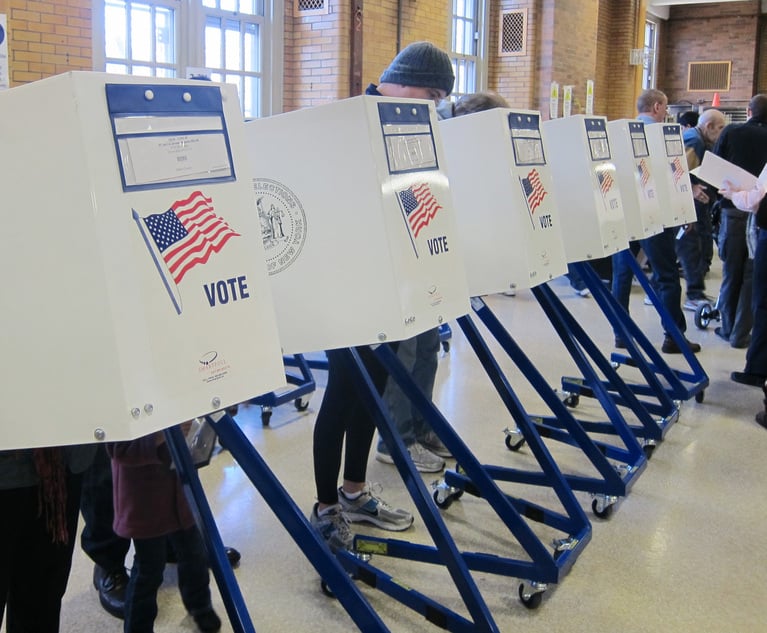The #MeToo movement revealed that sexual harassment occurs in all types of work environments and industries, but harassment in the political sphere includes some added challenges and concerns. One concern is that campaign workers are often volunteers, interns, or individuals just starting their careers who are not aware of the legal prohibitions against harassment. While sexual harassment often incurs an abuse of power, a significant power imbalance is inherent in the campaign setting. The vast majority of those subjected to harassment do not bring forward concerns or complaints even when internal resources exist. Many campaign environments and legislative offices do not have internal resources such as traditional Human Resources or Equal Employment Opportunity Departments and, therefore, lack clear avenues for workers to seek help or report concerns. These factors leave an extremely vulnerable population feeling powerless in an environment where inappropriate conduct can run rampant if left unchecked, causing grave damage.
Educational Video and Toolkit: ‘Creating Safe Workplaces in NJ Politics’
It has been nearly five years since the 2017 #MeToo movement shined a spotlight on the issue of sexual harassment, sexual assault, and other forms of harassment, discrimination, retaliation, and bullying in the workplace, exposing fault lines and areas in need of enhanced protections. Many in New Jersey sought to turn that awareness into action. Such actions included legislation (some of which was passed and some of which remains pending) as well as the formation of workgroups to examine problems and propose recommendations.


 Credit: Lightspring / Shutterstock
Credit: Lightspring / Shutterstock




